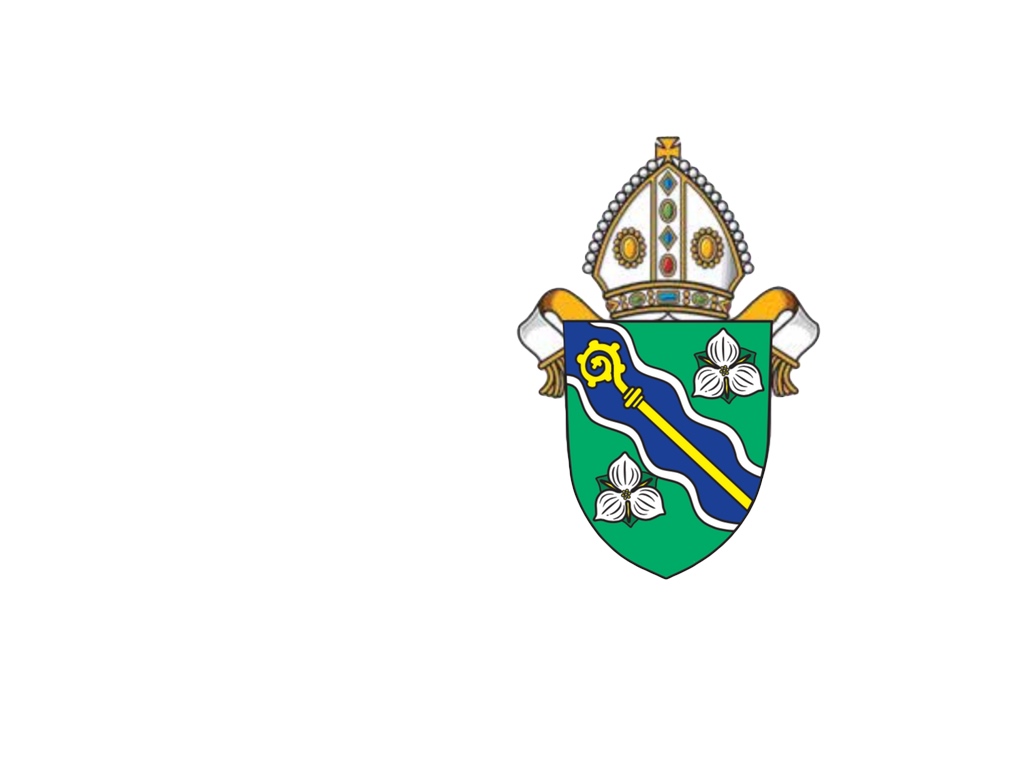A special electoral synod will convene on Saturday, March 3, 2018 at Christ’s Church Cathedral Hamilton to elect the successor to Diocesan Bishop Michael Bird.
A coadjutor bishop is a person elected to assist and ultimately succeed a diocesan bishop.
Bishop Michael will conclude his episcopal ministry on May 31, 2018 after ten years as the diocese’s chief priest and pastor.
After a short transition period following the election, the coadjutor bishop will assume the responsibilities of diocesan bishop on June 1.
At its October meeting, Synod Council appointed a seven-person Electoral Synod Nominations and Planning Committee to oversee the electoral planning process, as well as compile biographical material on the nominees.
Members include Claire Christoff (St. Christopher’s Burlington), Pat Davis (St. James and St. Brendan Port Colborne), Canon Robert Morrow (St. James Dundas), The Reverend Canon Marni Nancekivell (Secretary of Synod), The Reverend Anne Turner (St. James Fergus), The Very Reverend Peter Wall (Dean of Niagara) and Greg Tweney (Vice-Chancellor).
“From the nomination of candidates through to the announcement of a final result, an electoral synod is a process that should provide an opportunity for diocesan discernment in an open, transparent and innovative manner,” said Diocesan Chancellor Rob Welch.
Synod Council, as the nominations committee, will meet and compile an initial list of candidates for coadjutor bishop. At that time, each Synod Council member will nominate by secret ballot three eligible persons.
To be eligible for election, a priest must be in good-standing with regard to the doctrine and discipline of the Anglican Church of Canada, at least 30 years of age, and have been ordained for at least seven years.
According to the diocesan canons, the top ten nominees will then be contacted by the Electoral Synod Nominations and Planning Committee to ensure they are willing to let their name stand.
Further nominations may also be made in writing by any 10 members of synod, with the consent of the nominee, and provided to the chair of the Electoral Synod Nominations and Planning Committee prior to or during the electoral synod.
As the election occurs early in the new year, parishes are being asked to plan to hold their vestry meetings as soon into 2018 as possible so that the secretary of synod receives the names of lay representatives well in advance of the election date.
“Parishes may consider holding two vestry meetings, one in early January to elect representatives and another later in February to deal with financial and other pertinent matters of the parish,” said Canon Marni Nancekivell.
Archbishop Colin Johnson, Metropolitan of the Ecclesiastical Province of Ontario, will preside at the Electoral Synod

Resurrection of Hope in Thundering Waters